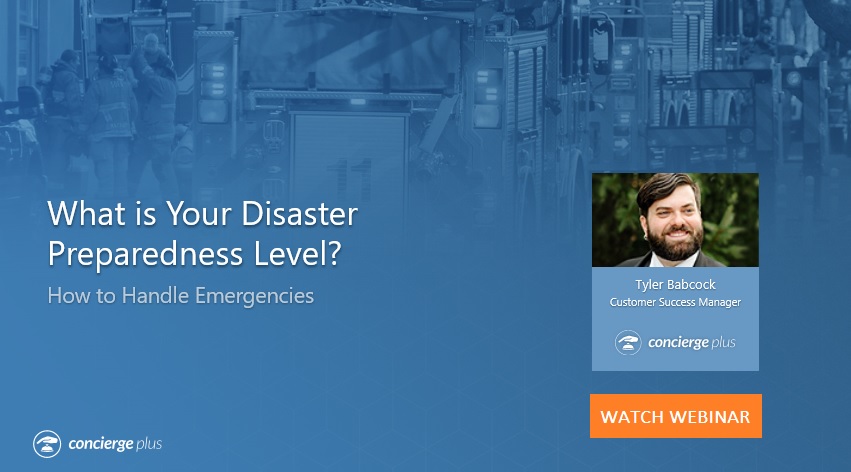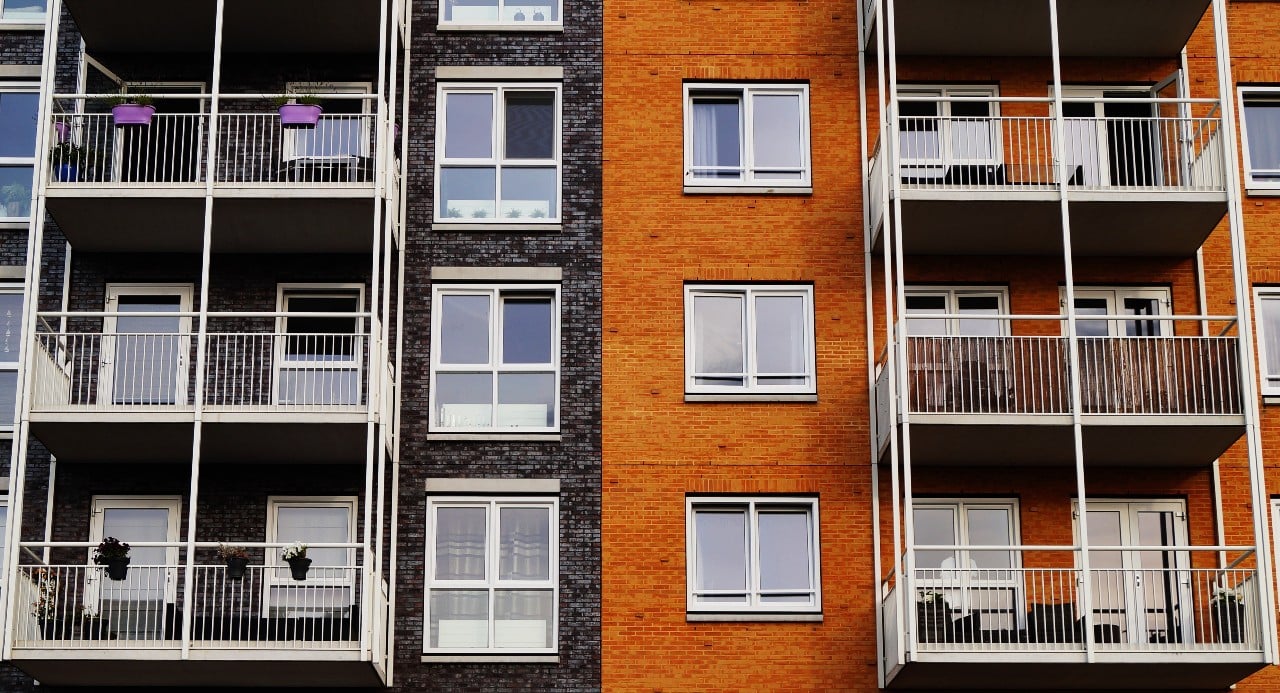What is your disaster preparedness level?
Throughout North America, we’ve unfortunately become accustomed to unpredictable — and sometimes quite damaging — weather. Many people are no stranger to heavy rainfall, high winds, and even earthquakes. If you live in a community, or manage one, that is affected by volatile weather, you know just how serious it can be. From disruptions to daily life all the way up to personal injury, disaster preparedness should be taken seriously; and you need to have a plan.
Here are four simple things you should think about to make sure you’re ready in the event of a natural disaster.
Does your condo community have the right insurance?
Getting the right disaster preparedness insurance for your community can depend on a lot of factors, geography being one of the most important. In Florida, for example, specific requirements for addressing floods are becoming increasingly common so make sure you are up to date on what is mandatory in your area.
Joseph Adams, an attorney with Becker & Poliakoff in Fort Myers recommends that, “associations should develop guidelines as to what actions will be done both before and after a disaster occurs. Before a disaster, associations should ensure that important documents such as insurance policies and association records are secured in a safe place.” At Concierge Plus, we encourage our customers to store all documents online in a safe and secure cloud-based platform that is available (and updatable) at any time by management.
Another example of region-specific insurance laws is California and the loss of personal property. Did you (or your residents) know that in California, personal property loss is not covered by standard condo or HOA insurance? “The biggest mistake people make when they buy co-op or condo insurance, especially for the first time, is assuming that their building’s own insurance policy—the master policy—will cover their own apartment in the event of a claim,” says New York City apartment insurance broker Jeff Schneider, president of Gotham Brokerage for more than 25 years. “But it doesn’t. It usually just gives you back a concrete box. The kitchen, bathroom, walls and floors and any renovations that have to be redone are your responsibility.”
In Toronto (Canada), another well-developed condo metropolis, condo residents are very lucky to pay considerably less overall when it comes to insurance, but real estate agent James Garner recommends securing not just personal insurance but “all-risk insurance” as well.
How do you communicate with your condo residents during a natural disaster?
As part of the welcome package for new residents, make sure that a step-by-step guide is included that outlines what to do in case of emergency. You’ll also want to plan (and test) your notification system in advance. A great way to do that is via an online notifications system that uses both email and SMS messaging, ensuring residents can get notifications with whatever device they prefer.
Build emergency funds
Mitigating risk (and planning for it) are just one of the many factors that go into your community’s condo fees, which include emergency funds. Remember that, unlike rent, condo fees are not a profit source for the building. You can learn more about how to explain condo fees to your residents here. Emergency funds fall under the category of “contingency fees” and cover things like unexpected upkeep, repairs, and of course, disaster repair and safety. Bring this up with your board and make sure the budget is up to date.
Manage Maintenance Requests
Finally, get on top of maintenance requests. After a storm or flood, there may be a long list of damage to your property that residents will have to let you know about. Stay on top of these by prioritizing ones that are a threat to health and safety, go over them every day or at the end of shifts, and make sure you keep track of all activity. Tip: you should also keep a list of trusted contractors on file and factor in resident feedback.
Watch our webinar titled What is Your Preparedness Level? How to Handle Emergencies and learn the following:
-
How to alert residents with our Urgent Announcements, sending email, text (SMS), or automated phone call.
-
How to prioritize post-disaster service requests from residents with our Service Request feature.
-
Ensuring that important documents are secured digitally with our Media Library feature.




Share This Post